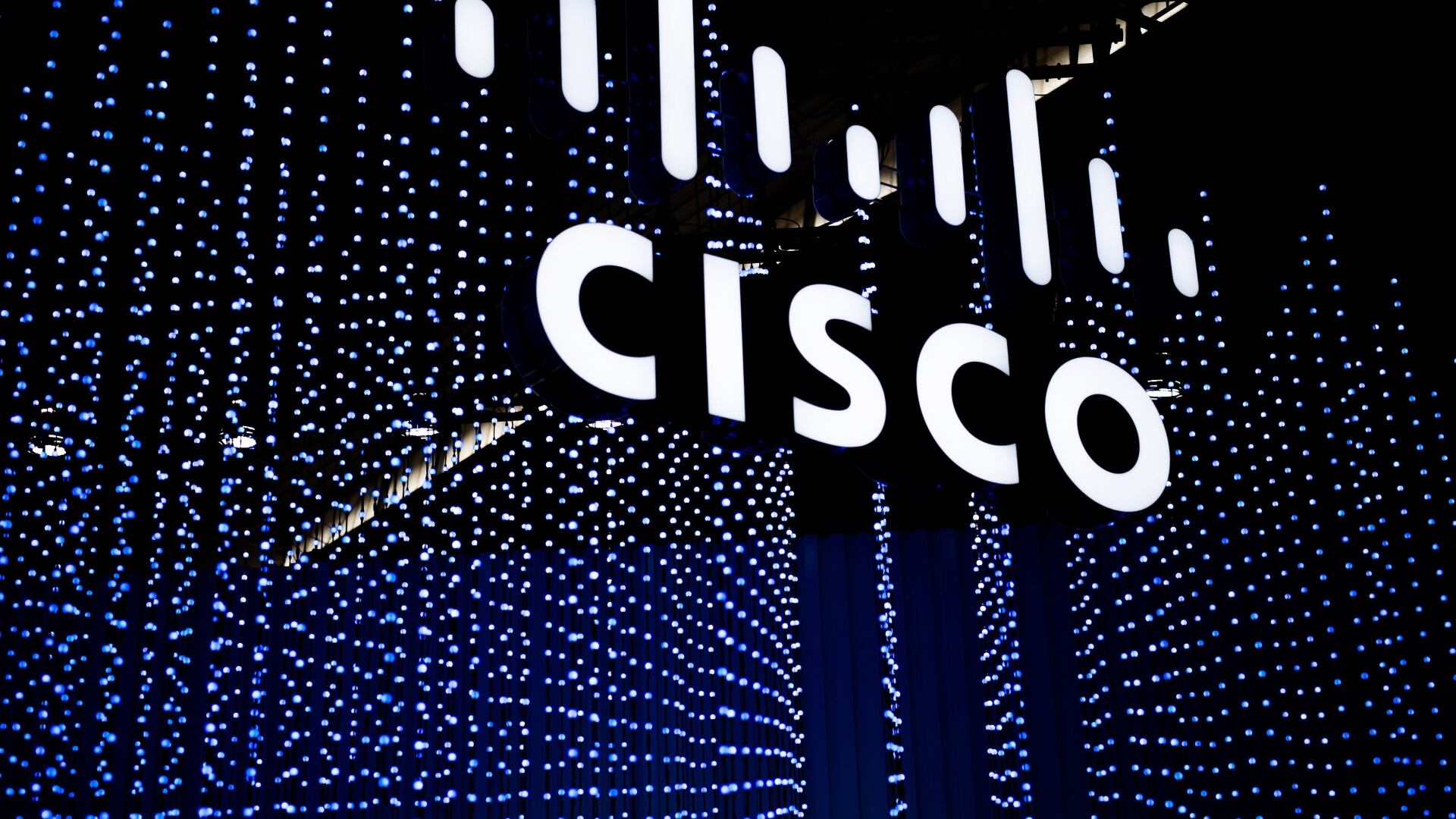China’s Alibaba Group has announced a major management reshuffle as the e-commerce giant restructures into six different business divisions to adapt to fast-changing technologies.
The moves also are aimed at spurring growth at a time when the Chinese economy is slowing despite an end to COVID-19 pandemic restrictions a half-year ago.
Eddie Wu, chairman of its e-commerce group, will succeed Daniel Zhang as CEO, the company said in a statement Tuesday.
Zhang will be CEO and chairman of Alibaba’s cloud computing unit, which has been approved to be spun off and is expected to be listed for trading within a year.
Alibaba's current executive vice chairman, Joseph Tsai, is to succeed Zhang as chairman of the Alibaba Group. Tsai, who owns the NBA basketball team Brooklyn Nets and is the chairman of Alibaba-owned Hong Kong newspaper South China Morning Post, is a Taiwan-born Canadian citizen. He helped to found Alibaba in the late 1990s.
Wu was the company's technology director when the company was founded in 1999. He also served as special assistant to Alibaba's co-founder and former board chairman Jack Ma between 2014 and 2019, and has had stints as CTO of Alibaba’s digital wallet business Alipay and as a chairman of Alibaba Health.
Alibaba's reorganization will allow five of its six business divisions, excluding the core e-commerce business, to raise outside capital and go public.
The changes take effect Sept. 10.
Zhang, became Alibaba Group’s CEO in 2015 and succeeded Ma as chairman in 2019. He is known for creating the Singles' Day shopping festival, which over the years has grown to become the world's largest online shopping extravaganza.
“This is the right time for me to make a transition, given the importance of Alibaba Cloud Intelligence Group as it progresses towards a full spin-off,” Zhang said in a statement.
“I look forward to working closely with Joe and Eddie in the coming months to ensure a seamless transition.”
Alibaba's Hong Kong shares were down about 1.5% Tuesday afternoon following the news.
Alibaba has in recent years come under scrutiny by the Chinese government amid a crackdown on the technology industry.
Ma, the firm’s best known co-founder and once China’s richest man, has kept a low profile with few public appearances after he publicly criticized China’s regulators and financial systems during a speech in Shanghai in Oct. 2020.
Shortly afterward, the government scuttled a planned initial public offering of Alibaba’s financial affiliate Ant Group. It had been set to raise $34.5 billion in what would have been the world’s largest share offering at the time.
Alibaba was later fined $2.8 billion for breaching antitrust rules as Chinese authorities cracked down on the once-freewheeling technology industry.
In March, Ma returned to mainland China after being reportedly being sighted in Europe, Japan, Thailand and Hong Kong over the past few years. His itinerary has been closely watched as a barometer of Beijing’s attitude towards private businesses.
He is currently a visiting professor at the University of Tokyo until Oct. 31, according to a university profile page, which describes his research as “sustainable agriculture and food production.












